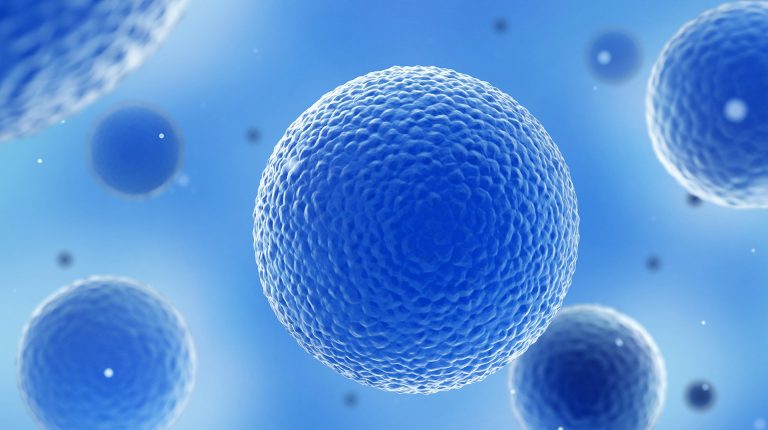Concordia researcher discovers more natural compounds that could reduce the effects of aging

Biology professor Vladimir Titorenko researches the anti-aging properties of chemicals derived from plant extracts. In 2016, Titorenko and his collaborators at Idunn Technologies had identified six groups of molecules that delay the effects of cellular aging in yeast. Since then, they have produced 15 new groups of molecules that counter these effects. The molecules are derived from plants such as saw palmetto, St. John’s wort and holy basil.
Health and aging
Titorenko has devoted his research to understanding how the aging of cells can be slowed. Reducing the effects of cellular aging and degradation may be one of the most important tasks of preventative medicine.
While some research uncovers ways to prevent and treat specific diseases, the rate and severity of many illnesses are directly linked to advancing age. The incidence of osteoarthritis, diabetes, cancer, heart disease, Parkinson’s disease, Alzheimer’s disease and many others could be reduced by preventing the aging of cells in the body.
“We now have a large number of anti-aging plant extracts that slow cellular aging and may reduce the incidence or progression of age-related diseases in humans,” Titorenko says.
As the material and economic conditions that allow people to live longer improve, the question of how to care for people into old age becomes more pressing. It is both medical and economic questions. How can we promote people’s health and well-being, and how can we avoid overburdening the medical and care systems needed to attend to an aging population?
“The possibility of keeping people healthy longer would constitute a major advance with repercussions. These are not just in economic terms, but for the quality of life of an aging population and for the capacity of the health-care system in general,” Titorenko says.
Yeast cells
Until now, the research has been primarily carried out on yeast. Yeast ages, on a cellular level, similar to the way human beings age. Some of the plant extracts have proven effective in reducing the effects of aging on yeast by increasing the resistance of cells to oxidative stress and temperature. Essentially, the cells prove to be more resistant to wear and thus better able to maintain themselves over time.
Titorenko is optimistic that the effects of the molecular extracts on the longevity of the yeast cells will eventually translate into remedies to slow the biological aging process in human beings.
This research was supported by a Collaborative Research and Development grant from Canada’s Natural Sciences and Engineering Research Council. The work was also funded by Concordia’s Public Scholars Program and a Concordia graduate scholarship.
Read the cited study, “Discovery of fifteen new geroprotective plant extracts and identification of cellular processes they affect to prolong the chronological lifespan of budding yeast.”


